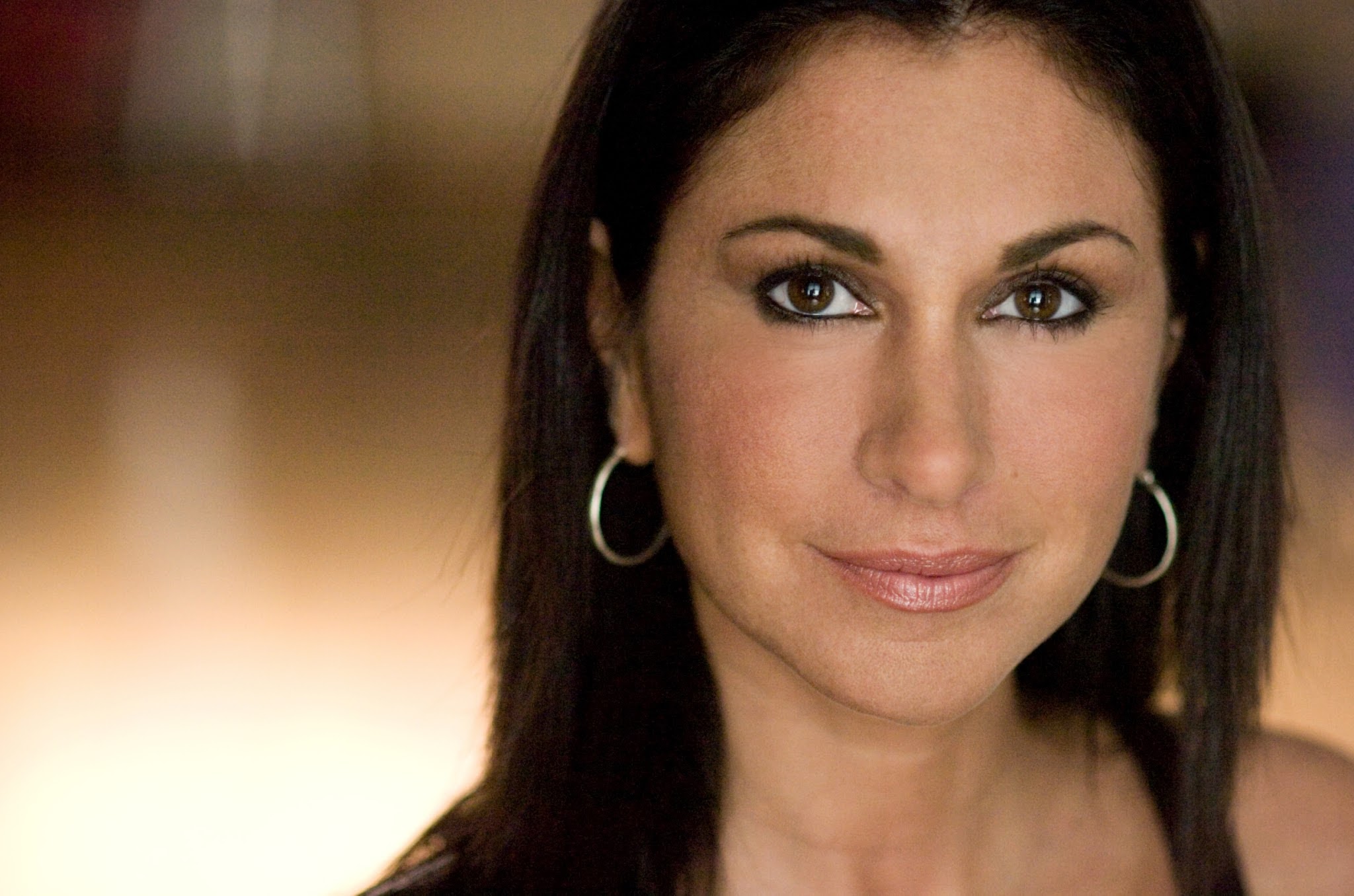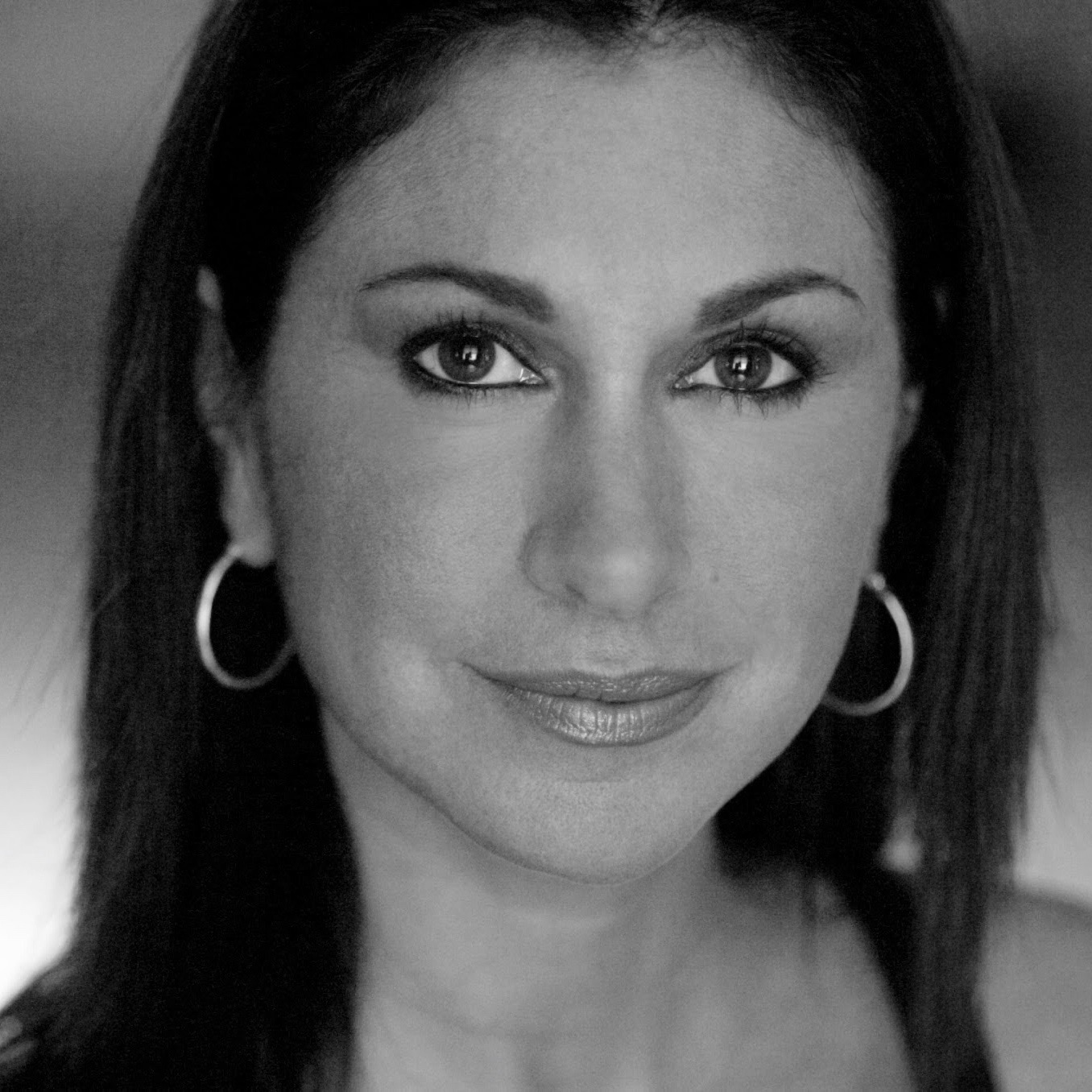
Q: When I first started acting, I had trouble controlling my nerves. My whole body would shake. What is the best way to control your nerves during an audition and on set?
Great question! Nerves are excess energy. The actor’s job is to make choices about where to direct your energy so that it serves your higher purpose.
It’s natural for us to have increased adrenaline in a situation when we’re aware of being watched. The normal reaction to a bunch of people looking at you, or several cameras in your face, is self-consciousness. How can we concentrate our attention on something that is more engaging to the instrument than this feeling of self-consciousness?
I recently learned that physiologically, we experience basically the same sensation when we are nervous as when we are excited. So, it becomes interesting to the actor when you feel nervous, to change the inner dialogue from “I’m nervous” to “I’m excited”. Try that and see if it shifts your perspective!
Relaxation is essential. Whatever you do in your practice to physically open and free your body from muscular tension must be part of the actor’s daily practice.
Once you start with a physically relaxed body, the next level of work begins: choosing what to concentrate on.
Actors often forget to breathe. As simple as it sounds, taking four of the deepest inhales and exhales possible at any point in the day, is helpful to recalibrate the instrument. Try this anytime you experience your attention going to a non-useful place. You want to be connected to your breath always, including while acting. Keep breathing deeply.
Acting is a mind body spirit connection, so you aren’t going to solve the actor’s problems with just the mind. A personal connection is necessary to focus your attention on what will actually get you out of your idea of the scene and into the playing of the scene. The first question I ask actors when starting with material is, what’s interesting to you about this? What does the character need from life, and how can you personally relate to that? How does it remind you of something you’ve lived through emotionally? Why is it necessary to you that you do what you do in the scene? Once you start to engage from this place within yourself, you will find an urgency to act. Your unconscious and subconscious mind are ignited to come to your aid. Your character has something important to do, and you know why you have to do it. There are problems to solve that are set up in the story, and you personally need to solve them.
You are the character, the character lives through you. So, whatever you are experiencing, your character is experiencing. If a surge of adrenaline comes up, the tendency is to label it as wrong and then try to pretend that
sensation is not happening or to try to suppress it. But what I’d like to urge actors to do is to not judge the sensation, just to let it live and inform you. This is what is meant when you hear: “use it in the scene”. You accept and engage what is actually going on with you as what your character is experiencing in that moment. Because it is! When we try to deny or supress the sensations that are expressing in us, it creates tension in the body and an inability to live truthfully.
Now, your character may not be expressive, but that is something else. You are still having the experiences you are having. Then, if the character has behavior or personality traits that hide their inner life, great. It’s layered. But you can’t play the cover. You have to exist truthfully, and then behave as you would socially.
Now of course things can take you out of the scene, even after you’ve properly prepared the work. Some of the most accomplished actors in the world admit to these feelings every time they work. But now you know specifically where to shift your attention back to.
It’s easy to judge sensation rather than accept it. But you are creating a full human being with flaws and emotions and a nervous system. The job of the actor is to choose what to concentrate on so that you can live the scene rightly with all of your humanity. Our work is to prepare what your points of concentration are so that once you hit the set or the stage you can just live freely and in the moment. By connecting relaxation, concentrating on your
personal and specific choices, and accepting whatever comes up in the scene as part of the scene, you will find that the instrument transcends shaking.
Talent is nothing but a prolonged period of attention and a shortened period of mental assimilation. -Constantin Stanislavski
Thanks for the great question and keep up the great work!
Stay tuned @staytunedla.
-Kymberly























 More news and opinions than at a Shabbat dinner, right in your inbox.
More news and opinions than at a Shabbat dinner, right in your inbox.